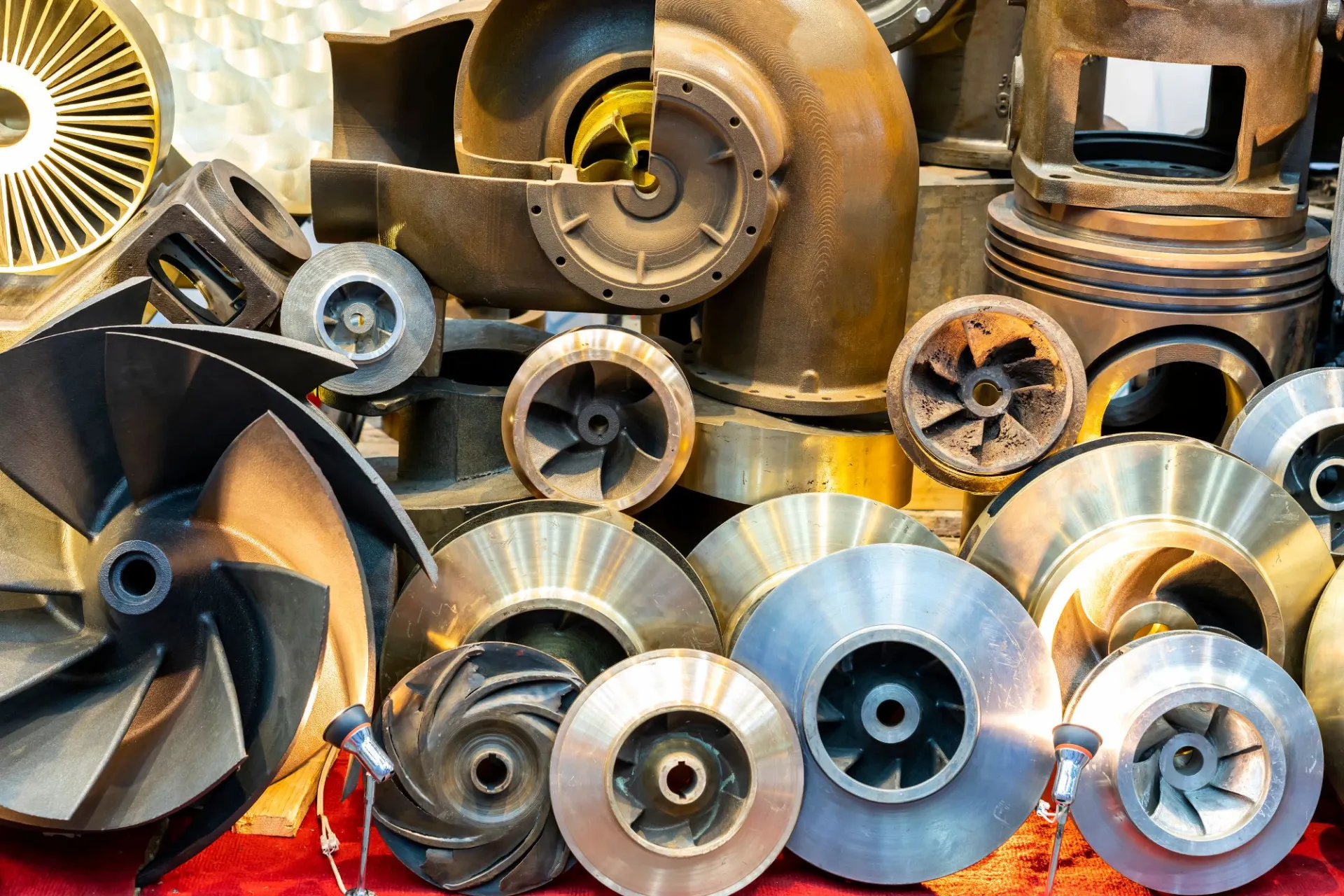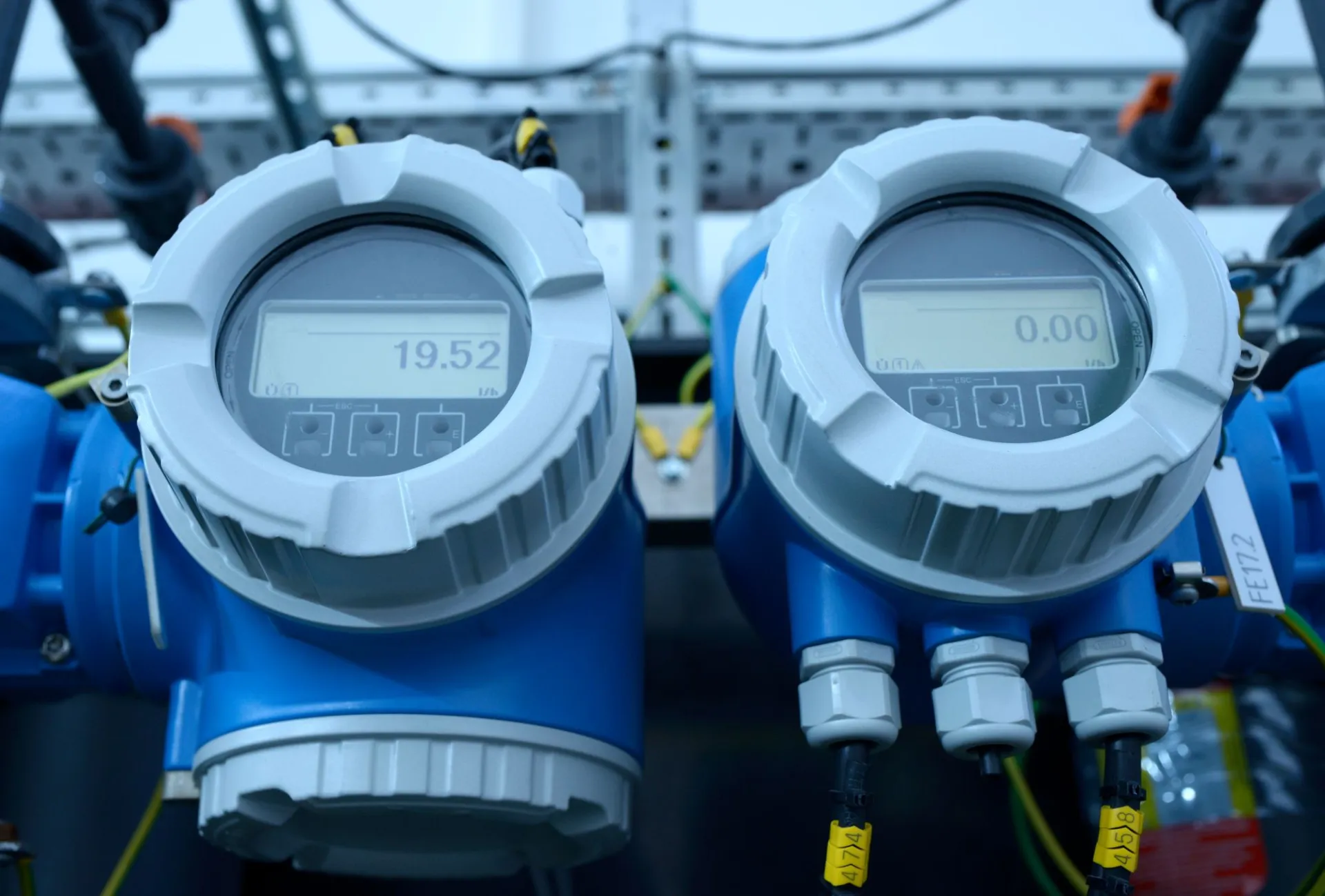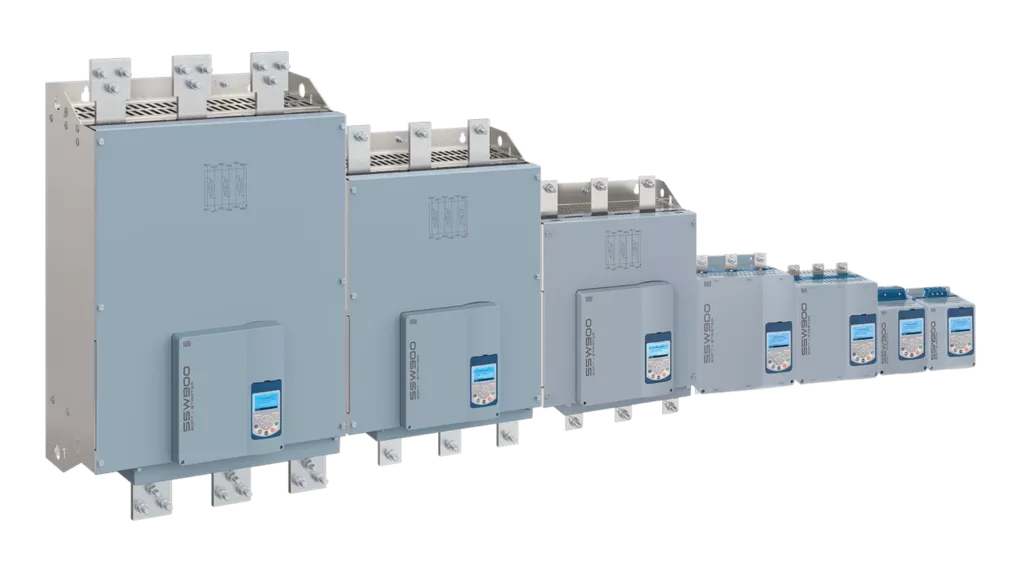The term electromechanics evokes images of both electricity and mechanics. How, then, do you define a discipline that merges two such complex sciences? This is the challenge our experts have set themselves with this article.
In the following paragraphs, you will find a wealth of information about electromechanics and its various fields of application.
This will provide you with a clearer understanding of the impact of electromechanics in the industrial sector, as well as the reality of working as an electromechanical professional.
Definition of Electromechanics
Electromechanics is a discipline that combines the principles of electricity and mechanics to design, manufacture, and maintain systems and devices that use both electrical and mechanical components.
Areas of Application in Electromechanics
As mentioned in its definition, electromechanics encompasses the design, manufacture and maintenance of a wide range of machines and devices.
As such, professionals in this field regularly intervene at various stages in the life cycle of equipment such as:
- Conveyors and handling systems
- Lifting equipment
- Automated machine tools
- Air conditioning and ventilation systems;
- Transportation systems;
- Communication systems
Generally, the items in this list have one or more of the following electromechanical components:
Electric Motors and Generators
Electric motors convert electrical energy into mechanical energy, while generators do the opposite, converting mechanical energy into electrical energy. They are a perfect example of an electromechanical device.
Actuators
Electromechanical actuators, such as solenoids and servomotors, convert electrical signals into mechanical motion, which is essential in many industrial and robotic applications.
Control Systems
Electromechanical control systems use sensors, processors, and actuators to manage and automate complex processes. They are often used in automated production lines.
Electromagnets and Relays
These devices use electrical currents to create magnetic fields, which can then be used to move mechanical parts or activate circuits.
Do you need an electromechanical specialist?
Electromechanical Professions
There are a variety of careers that are closely or indirectly related to electromechanics:
- Industrial Maintenance Technician
- Electromechanical Engineer
- Robotics Engineer
- Industrial Automation Engineer
- Industrial Electrician
- Instrumentation and Control Technician
- Mechatronics Technician
- HVAC Systems Specialist
- And many others
However, many people who want to work in this field choose to become electromechanical technicians.
In a nutshell, an electromechanical technician is a professional who specializes in the maintenance, repair, and installation of electromechanical systems and equipment.
Primary Duties and Responsibilities of an Electromechanical Technician
The duties and responsibilities of an electromechanical technician are many and varied. However, there are some that recur more frequently in their day-to-day work:
- Installing various types of equipment
- Manufacturing or modifying equipment
- Calibrating and adjusting electromechanical systems (e.g., dynamic balancing)
- Performing preventive maintenance on equipment
- Repairing equipment (planned or emergency)
- Perform safety checks
- Follow-up on technical documentation
Skills of the Electromechanical Technician
To perform their jobs effectively, electromechanical technicians must possess a wide range of specific knowledge, skills, and abilities. Here are the most important:
Electrical and Electronic Concepts
- Basic principles of electricity: Understanding of electrical circuits, alternating current (AC) and direct current (DC), laws of electricity (Ohm’s law, etc.).
- Electronic components: Knowledge of resistors, capacitors, diodes, transistors, integrated circuits and how they work.
- Control and regulation systems: Knowledge of relays, contactors, sensors and actuators.
Physics and Mechanics
- Principles of mechanics: Knowledge of mechanical forces, movements and energies.
- Mechanical elements: Knowledge of gears, bearings, shafts, belts, chains and their applications.
- Transmission systems: Understanding of power and motion transmission systems.
Automation and Control
- Programmable logic controllers (PLC): Knowledge of PLC programming, and operation, as well as interfacing with mechanical and electrical systems.
- Control and instrumentation systems: Use of sensors, transducers, and other devices to monitor and control electromechanical systems.
Reading and Interpreting Technical Diagrams
- Electrical schematics: Ability to read and interpret electrical schematics.
- Mechanical drawings: Understanding of technical drawings and specifications of mechanical components.
Maintenance and Repair
- Troubleshooting: Ability to identify and analyze faults in electromechanical systems.
- Repair techniques: Knowledge of repair methods for electrical and mechanical components.
Safety and Regulations
- Safety standards: Understanding of electrical and mechanical safety standards, and accident prevention procedures.
- Regulations: Knowledge of industrial regulations and standards applicable to electromechanical systems.
Computers and Software
- Diagnostic tools: Use of software and diagnostic tools to test and monitor systems.
- Basic programming: Knowledge of PLC and HMI programming.
Practical Skills
- Tool use: Proficiency in measuring and testing tools (multimeters, oscilloscopes, etc.).
- Welding and machining techniques: Proficiency in various types of welding and mastery of machining operations for electronic and electrical repairs.
- Manual dexterity: Ability to handle precision components and tools
Communication Skills
- Documentation: Ability to document interventions, draft technical reports, and keep maintenance logs.
- Interpersonal communication: Ability to explain technical problems and solutions to colleagues and customers.
Potential Employers
Electromechanical technicians can find employment opportunities in a variety of industrial and service sectors.
Potential employers seek electromechanical technicians to keep their equipment running smoothly, improve productivity, and ensure safe operations.
Electromechanical technicians can also find opportunities as freelancers or consultants specializing in the maintenance and repair of electromechanical systems.
Here are just a few examples of potential employers and the jobs that may be available:
Manufacturing
- Production facilities: Maintenance and repair of production equipment for automobiles, textiles, food products, chemicals, etc.
- Heavy industry: Iron and steel, cement plants, refineries.
Energy Sector
- Power plants: Thermal, hydroelectric, solar, wind.
- Energy distribution companies: Maintenance of electrical networks and substations.
Automation and Robotics
- Robot manufacturing companies: Design, manufacture, and maintenance of industrial robots.
- Automated systems integrators: Installation and maintenance of automated production systems.
Transportation and Logistics
- Rail transportation companies: Maintenance of trains and signaling systems.
- Airlines: Maintenance of aircraft electromechanical systems.
- Ports and terminals: Maintenance of cranes and loading/unloading systems.
Buildings and Infrastructure
- Building maintenance companies: Elevators, escalators, HVAC systems.
- Construction companies: Site equipment and electromechanical building systems.
Public Sector
- Municipalities: Maintenance of public infrastructure such as street lighting and industrial pumps for irrigation systems.
- Government agencies: Maintenance of public facilities and equipment.
Mining
- Mining companies: Maintenance of drilling and mineral processing equipment.
- Mining industry service providers: Technical support and machinery maintenance.
Food Processing Industry
- Food processing plants: Maintenance of production and packaging equipment.
- Food distribution companies: Refrigeration and transport systems.
Technical Service Companies
- Maintenance service providers: Maintenance contracts for various types of electromechanical equipment.
- Engineering services companies: Technical support and maintenance for specific projects.
Information and Communication Technologies (ICT)
- Data centers: Maintenance of air conditioning systems, generators and inverters.
- Telecommunications companies: Maintenance of network equipment and communications infrastructure.
Omnifab: A Unique Definition of Electromechanics
In conclusion, it’s no easy task to define electromechanics and the many roles it encompasses. In fact, it’s a discipline with so many areas of specialization and intervention that it’s difficult to cover it in its entirety.
One thing is certain, though : if you need a reliable electromechanical service provider, you can count on Omnifab. For more than 25 years, we’ve been providing turnkey solutions to companies and organizations that operate equipment with electrical and mechanical components.




